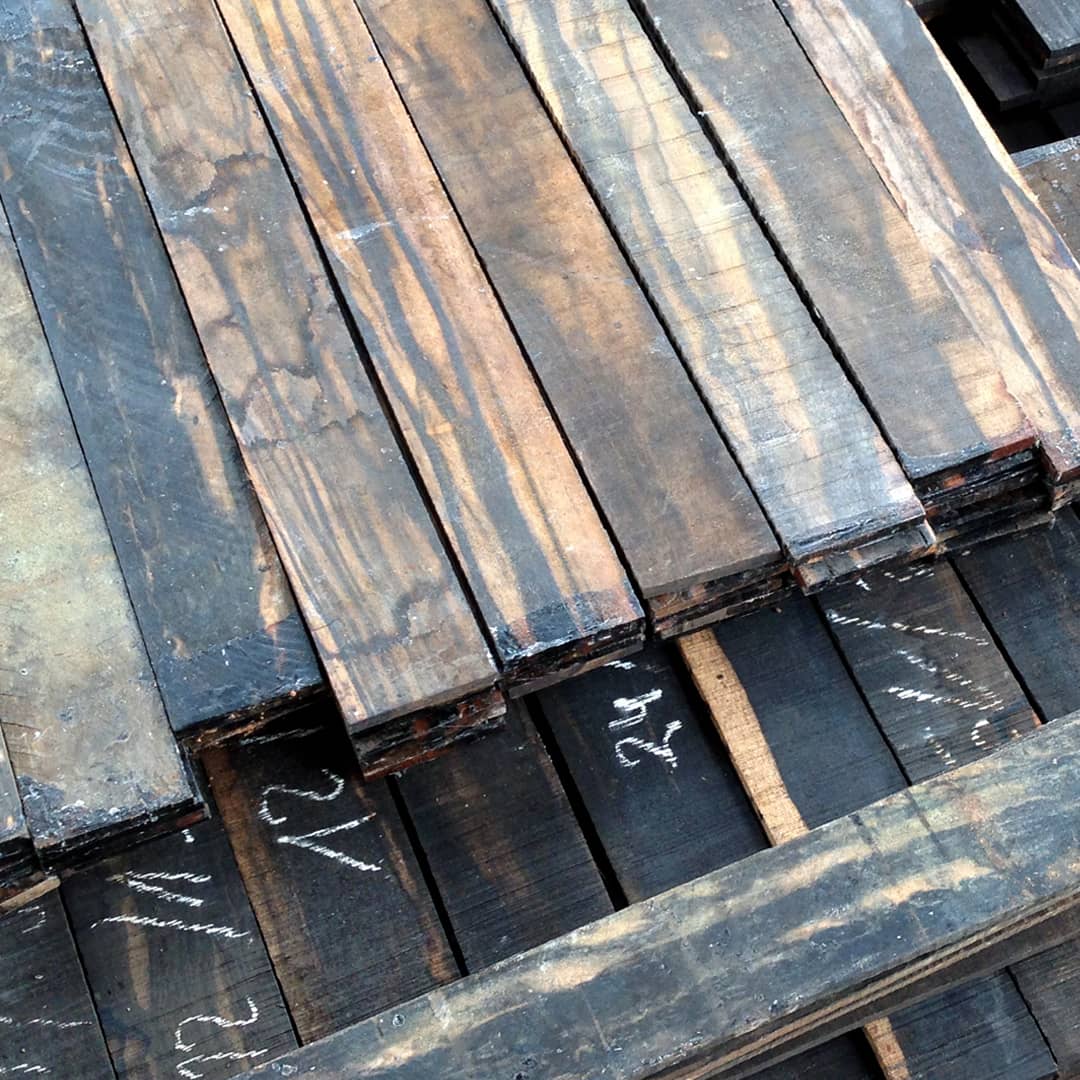Many different species of ebony grow across the tropics, from Madagascar to southern India and Sri Lanka, and from Indonesia to West Africa. We at Taylor believe that today, the best species for instrument fingerboards is West African ebony (Diospyros crassiflora Hiern) and based on recent modeling research data, Cameroon currently has a healthy inventory. In Central and West Africa there are some 190,000 ebony trees above the minimal harvest diameter of 60 cm, and more than 30 million ebony trees with a diameter in the range of 10-59 cm. With proper management, including replanting, the prospect of maintaining a sustainable population of ebony trees in Cameroon is good. This said, the world is full of cautionary tales.
For example, the island nation of Madagascar had long been a traditional source of ebony, but decades of mismanagement, coupled with political turmoil following the overthrow of the government in 2009, led to an increased spike in illegal logging, including within the country’s national park system. As a result, the export of ebony and rosewood was suspended entirely, and much of the market shifted to Western and Central Africa. Taylor has been using Cameroonian ebony for over 30 years, and for ethical reasons both Taylor and Madinter had stopped buying ebony from Madagascar long before the trade was formally suspended.
